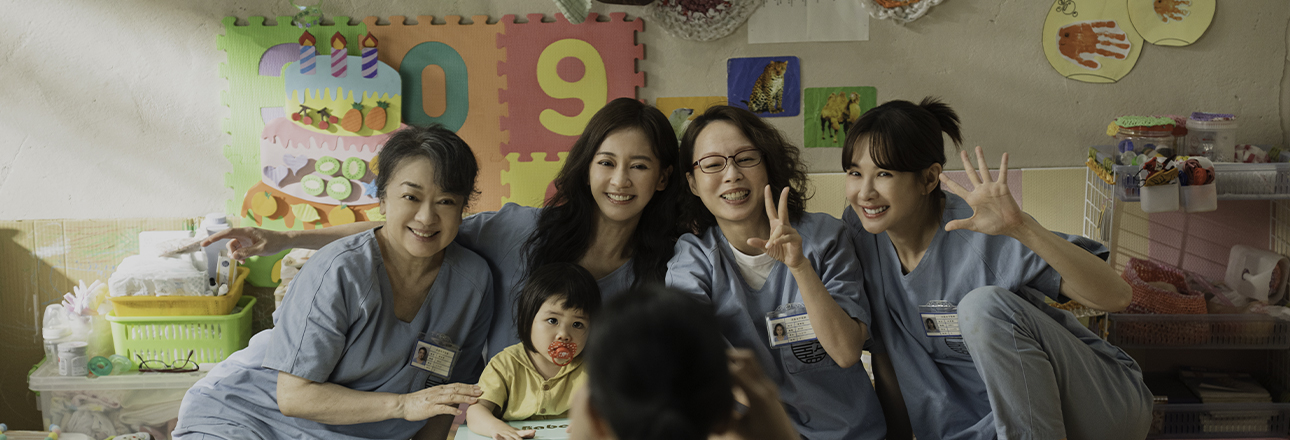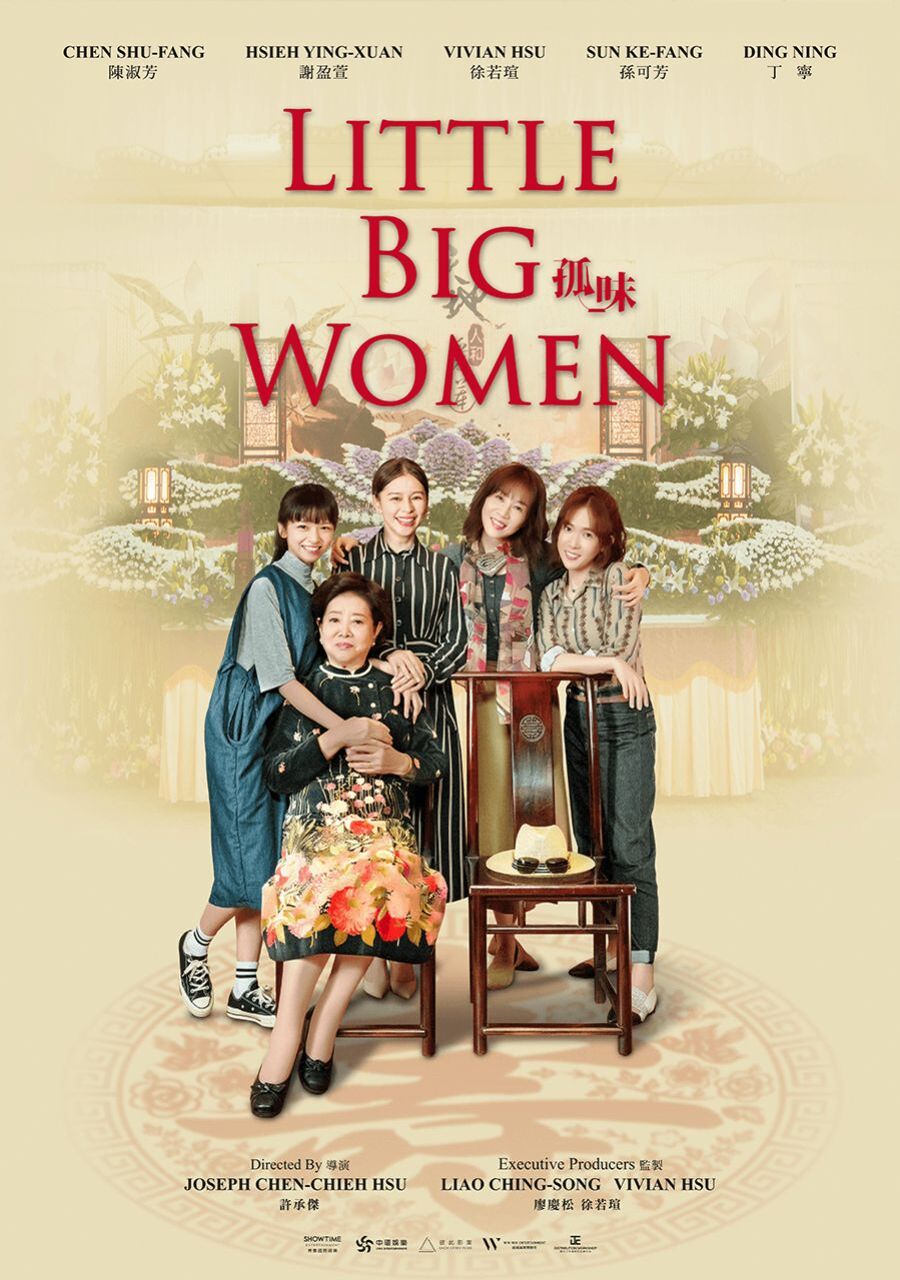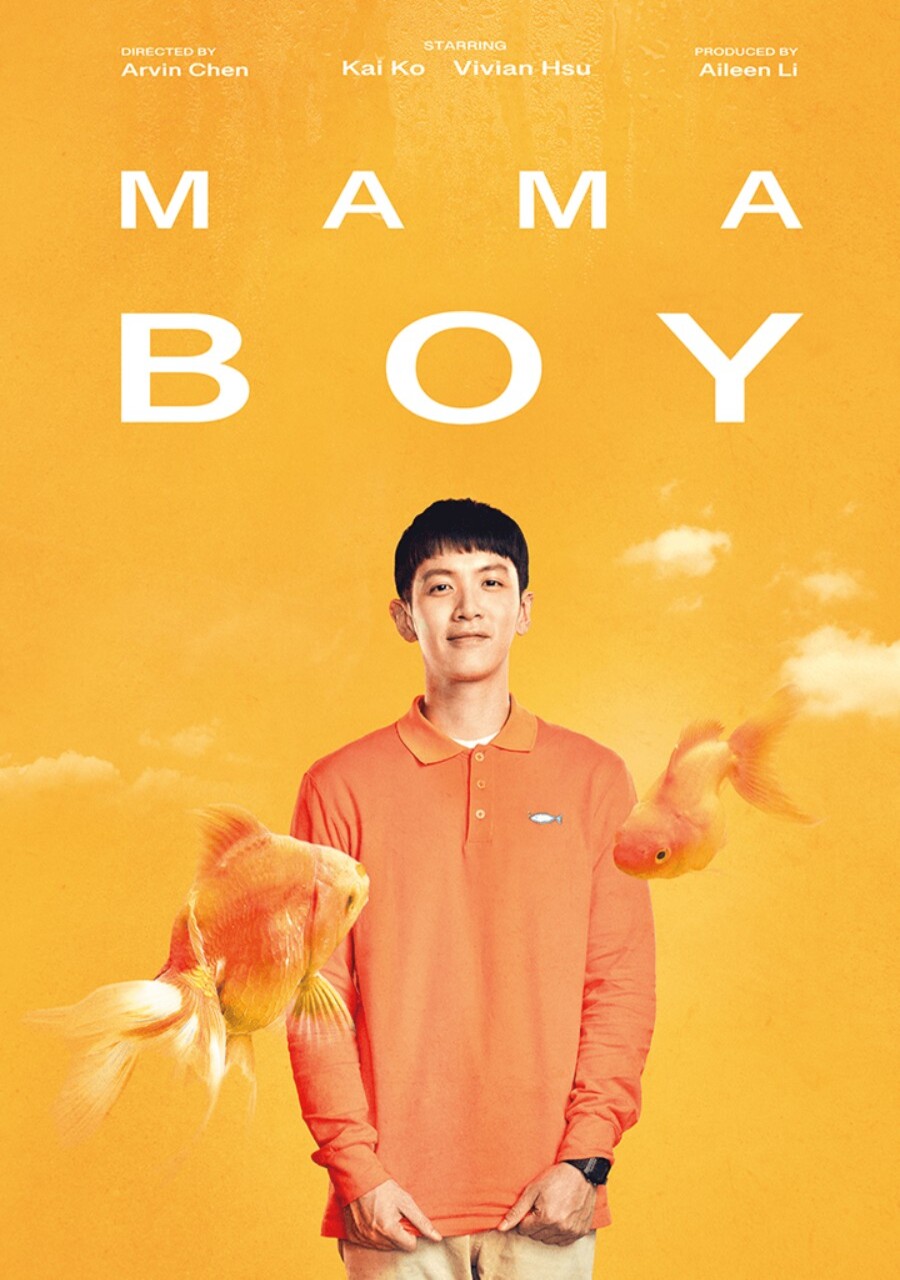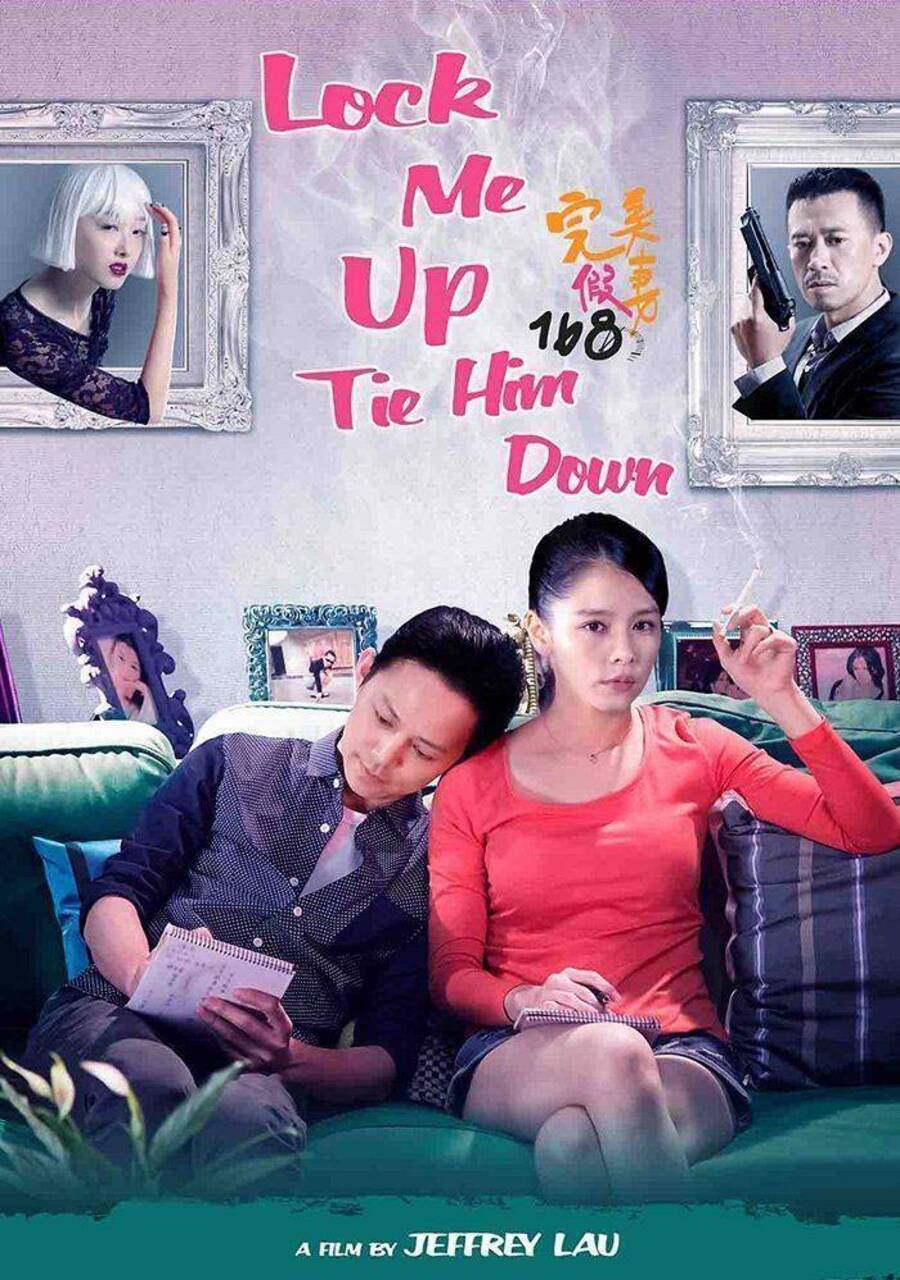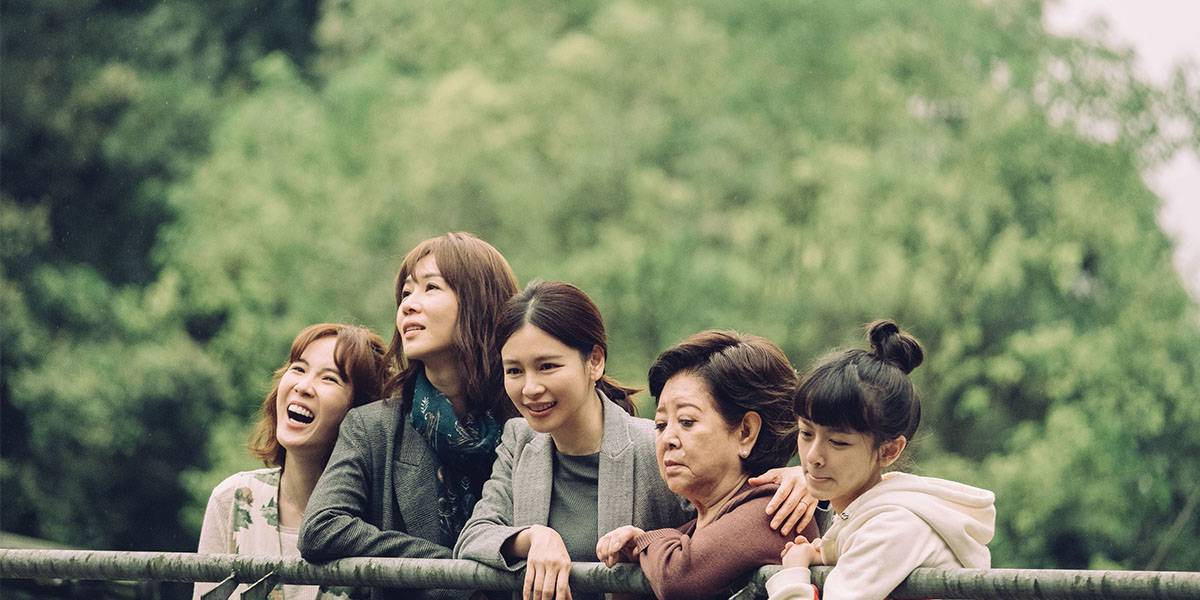
Review | Either Little or Big, These Are Some of the Most Relatable Women on Screen This Year
- Posted on
- 2020-11-19
- Source
- PIN CHIA
Taiwanese writer/director Joseph Chen-chieh Hsu’s “Little Big Women”, an excellent directorial debut, is a melodrama that elegantly captures the everyday trifles of family life from very small gestures. The film is slower than most domestic dramas as it avoids to deliver plot twists, arguments or confrontations frequently (even though there are some near the end, they just arrive precisely at the right moment).
The film focuses on five female characters (played by its actresses across three generations with phenomenal performance, especially Shu-Fang Chen and Ying-Xuan Hsieh) and presents these women, either little or big as the title suggests, pursuing happiness, having good times with each other, mourning the loss of family members, and letting go of loved ones. It’s a rare family drama that is optimistic while melancholic at the same time.
“Little Big Women” is about the unbreakable, yet likely to break, connection between families. We keep secret from family members all the time, while it’s easy for others to sense something goes wrong. Even so, we barely speak out and reveal the truth. Characters here don’t express their strong emotions that hide beneath the surface, but the performances will hint us the existence of those feelings. As a result, the affection that binds family together sometimes is complex.
Hsu’s artistic style is liable to think of cinema masters like Hirokazu Kore-eda (apparently influenced by the great Yasujiro Ozu and Hsiao-Hsien Hou), whose slow-burn domestic dramas are known for depicting the loss and unbalance of family, including “Nobody Knows”, “Our Little Sister” and “Shoplifters”. Like Ozu, Hou and Kore-eda, Hsu focuses on simple moments of heartbreak and happiness with some comedic moments. You can easily notice the little aches and joy of these women from unnoticeable gestures. The estrangement from family is always the source of tension, dragging them into the center of the storm.
By making you relate to these women’s emotional weight, Hsu lets you sense in every frame that he loves these women deeply, and you will start to care about them too. In the end, when you say goodbye to them, you’ll hope that they find happiness after the death of the absent member in the family.
Like shrimp rolls, the delicacy that is warm, salty yet a little bit sweet after the first taste, “Little Big Women” blends sweetness, acidity and bitterness that will eventually cast you under its spell. Hsu’s story is light and remarkably portrays small-scale of joy and sadness. This is a film that encourages audiences to slow down and live in the defining moments of life, either they are little or big.
-

Juno Mak on His Star-Driven Cannes Midnight Screenings Drama ’Sons of the Neon Night’: ‘My Aim Was to Create a Unique World With Its Own Rules’
2025-05-14
-

Aaron Kwok Drama ‘IOU’ Unveiled by Distribution Workshop at Hong Kong FilMart
2025-03-17
-

Distribution Workshop Picks Up Financial Scam Drama ‘IOU’ Starring Aaron Kwok
2025-03-17
-
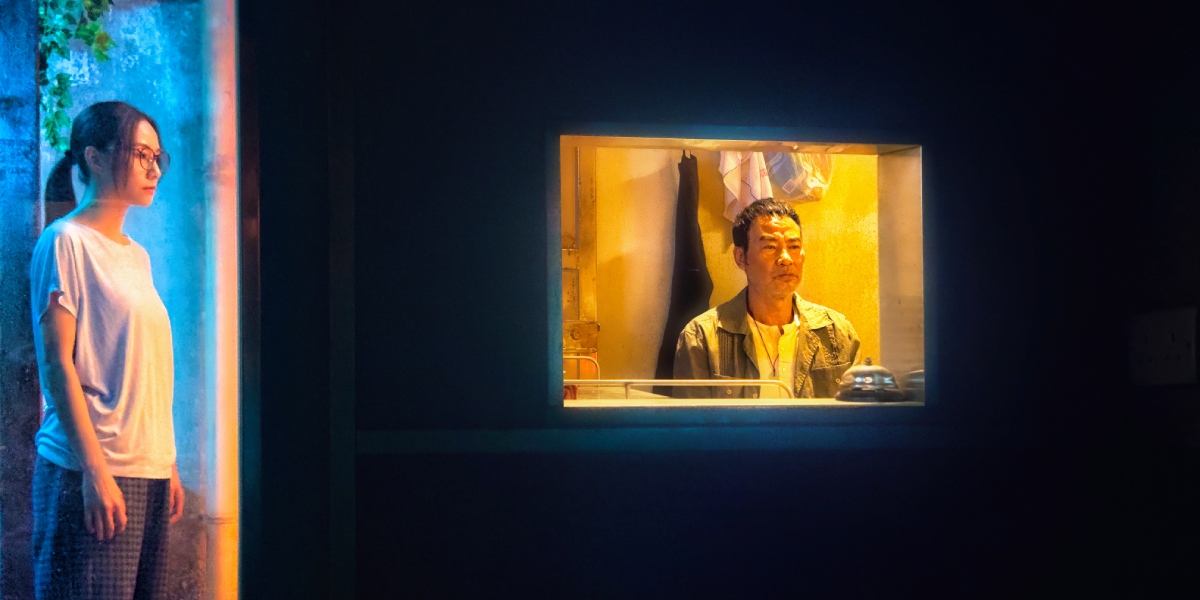
Film Review: Little Red Sweet (2024) by Vincent Chow
2024-11-08
-
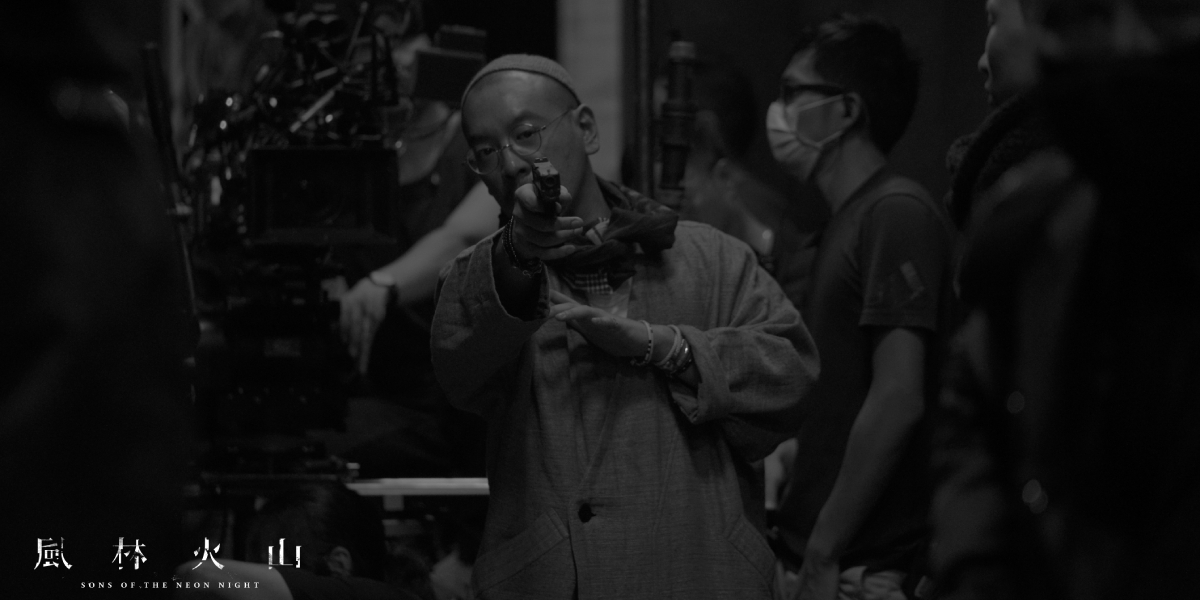
Juno Mak on Taking Ten Years to Direct Hong Kong’s Most Expensive Movie, ‘Sons of the Neon Night’: ‘I’ve Built a World Where it’s Freezing’ (EXCLUSIVE)
2024-10-04
-
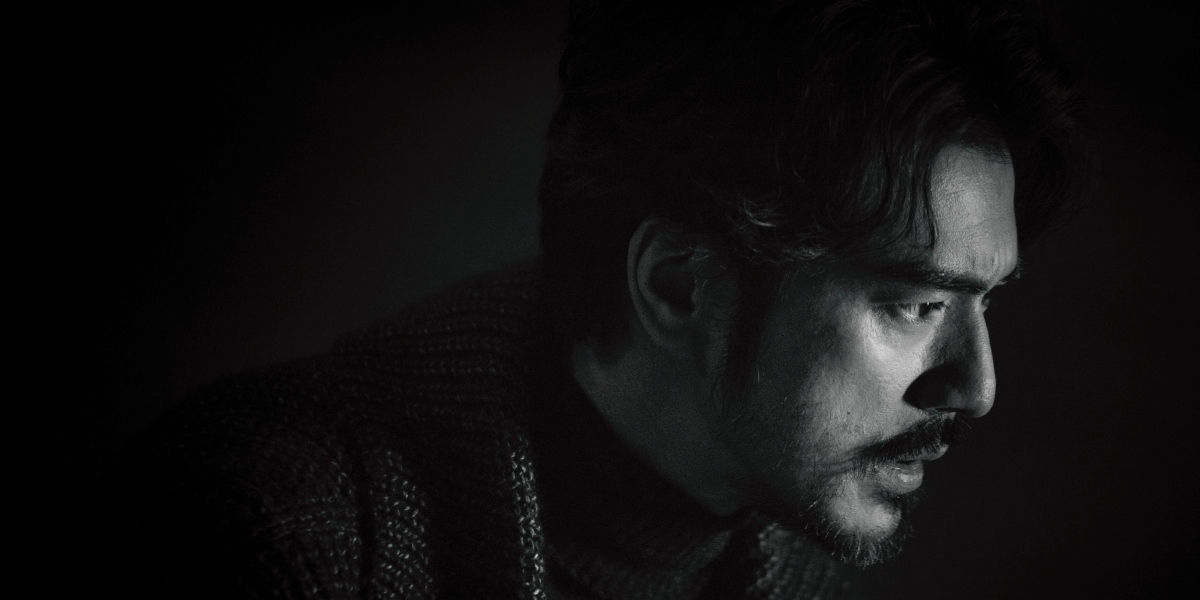
Distribution Workshop To Launch Sales On Juno Mak’s ‘Sons Of The Neon Night’ At ACFM
2024-09-30

